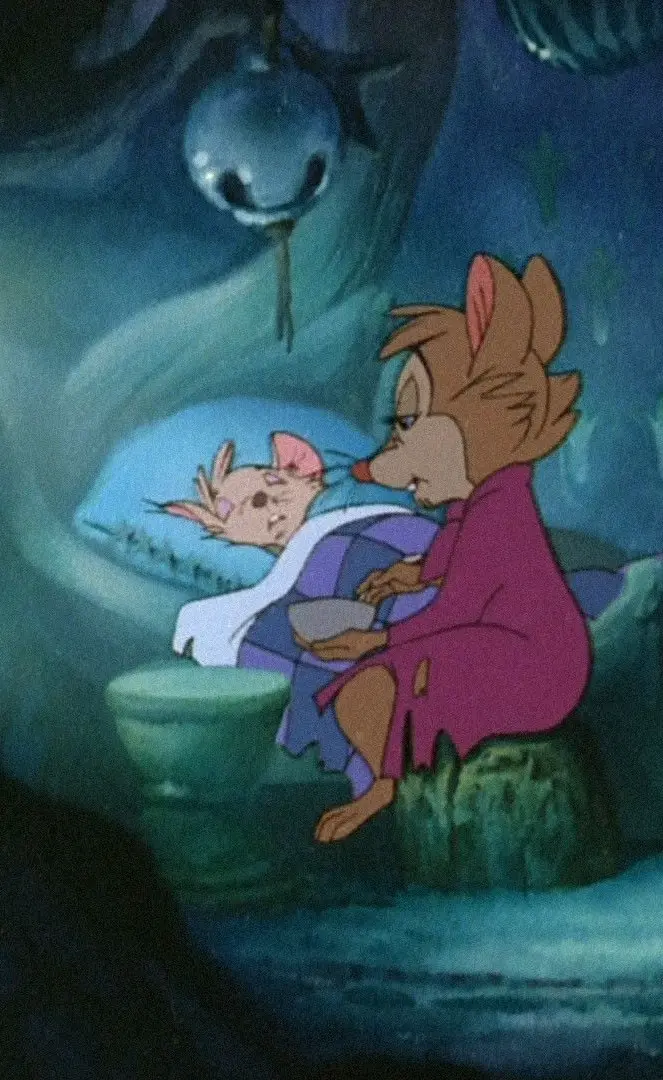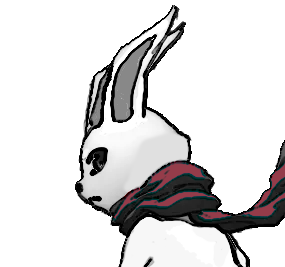https://en.wikipedia.org/wiki/Buffalo_buffalo_Buffalo_buffalo_buffalo_buffalo_Buffalo_buffalo
“Buffalo buffalo Buffalo buffalo buffalo buffalo Buffalo buffalo” is a grammatically correct sentence in English that is often presented as an example of how homonyms and homophones can be used to create complicated linguistic constructs through lexical ambiguity. It has been discussed in literature in various forms since 1967, when it appeared in Dmitri Borgmann’s Beyond Language: Adventures in Word and Thought.
https://en.wikipedia.org/wiki/Lion-Eating_Poet_in_the_Stone_Den
“Lion-Eating Poet in the Stone Den” is a short narrative poem written in Literary Chinese, composed of around 92 to 94 characters (depending on the specific version) in which every word is pronounced shi ([ʂɻ̩]) when read in modern Standard Chinese, with only the tones differing.[1]
“Shī Shì shí shī shǐ”
Shíshì shīshì Shī Shì, shì shī, shì shí shí shī.
Shì shíshí shì shì shì shī.
Shí shí, shì shí shī shì shì.
Shì shí, shì Shī Shì shì shì.
Shì shì shì shí shī, shì shǐ shì, shǐ shì shí shī shìshì.
Shì shí shì shí shī shī, shì shíshì.
Shíshì shī, Shì shǐ shì shì shíshì.
Shíshì shì, Shì shǐ shì shí shì shí shī.
Shí shí, shǐ shí shì shí shī shī, shí shí shí shī shī.
Shì shì shì shì.“Lion-Eating Poet in the Stone Den”
In a stone den was a poet called Shi Shi, who was a lion addict, and had resolved to eat ten lions.
He often went to the market to look for lions.
At ten o’clock, ten lions had just arrived at the market.
At that time, Shi had just arrived at the market.
He saw those ten lions, and using his trusty arrows, caused the ten lions to die.
He brought the corpses of the ten lions to the stone den.
The stone den was damp. He asked his servants to wipe it.
After the stone den was wiped, he tried to eat those ten lions.
When he ate, he realized that these ten lions were in fact ten stone lion corpses.
Try to explain this matter.Police police police police. Police police police police police police.
(The people who monitor and ensure the good behaviour of (i.e. “police” as a verb) law enforcement (the police) are called the “police police”. The people who do the same for the police police must therefore be the police police police. The original phrasing structure is “2 verb 1. 3 verb 2.”)
My goodness, I love how for the M N and Us they just barely connect to neighbors to unambiguously form the correct letter. Diabolical.
Shit, I hadn’t even noticed that. I just assumed those were identical.
Gotta dot your i’s

Also actual gothic script provides tiny clues, ligatures, that make it slightly easier to read.
thats actually kinda crazy how much more readable that makes it
…still not super easy tho lol
That’s not really how people wrote, that’s still made to confuse the reader.
here’s an example
Noone would have written like that. That is a printing typeface. Handwritten fraktur is very different. Anyway the writing in OPs picture is medieval, while the printing typeface is obviously early modern, 17th-19th cenutry.
I know, but it’s hard to find a good example with exactly that text. And I have no clue where I’ve hidden my calligraphy stuff. At least it doesn’t contain a lowercase s, so it should be somewhat fine.
And I have no clue where I’ve hidden my calligraphy stuf
Le excuse maxima
What’d you need “calligraphy stuff” for?

I really haven’t written jack shit in years except on digital so excuse the shittiness but I think that shittiness makes it a rather good example of casual writing.
Now what exactly does this prove? That a non historic writing utensil in a completely different typeface doesn’t look at all like Fraktur? I mean, yes, you’re right.
As the other user said, my example is (still) not a written one.
I think gothic script developed because of the writing implements they used, but the wirter had lots of possibilities to make it unambiguous.
Also helps that they connected their letters properly. The op is not actually a real word it’s just a bunch of undotted i’s
miuinunu?
I just recently learned that this is the historical reason why eyes have dots.
naı reallι
a𐌉 dont
This is apparently why some modern words like love or come are spelled with an o instead of a u. The o is much easier to read when followed by a v, n, or m, so the scribes changed it sometimes and the spelling stuck.
I’ll take this to be canon without protest.
It’s called a scribal O and it is absolutely true.
Thanks, I just looked into this. Neat!
minimum
mini mum

Feivel
𝔪𝔦𝔫𝔦𝔪𝔲𝔪
𝔪𝔦𝔫𝔦𝔪𝔲𝔪
yes yes, nice fences
Russian cursive enters the chat (link is xcancel, mind you)
corporate needs you to tell the difference between these two pictures :
arabic.jpg
cyrillicCursive.jpgThey’re the same picture
Numinumium
It’s a fence.















